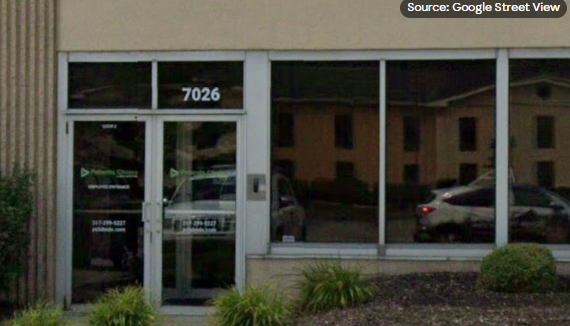Patients Choice Laboratories (PCL), a diagnostic lab based in Indianapolis, has agreed to a $9.62 million settlement over allegations of violating the False Claims Act and engaging in kickback schemes, according to the U.S. Attorney’s Office for the Southern District of Indiana. PCL was accused of billing Medicare for unnecessary respiratory pathogen panel (RPP) tests and offering under-the-table payments to secure referrals.
The case details that on November 20, 2020, PCL signed a Marketing Services Agreement with an infection prevention company, paying $5,000 monthly for so-called “marketing and management services” at long-term care facilities. Federal authorities allege this agreement was a front for purchasing test referrals, which were then inappropriately billed to Medicare.
Investigators also claim PCL paid the company to collect samples in long-term care centers and used the same specimens to run medically unnecessary RPPs. U.S. Attorney Tom Wheeler said, “Kickback arrangements that drive unnecessary testing waste taxpayer dollars and undermine the integrity of our healthcare system.” Between December 2020 and May 2022, PCL reportedly paid $1.86 million for RPP referrals and received over $6 million in Medicare reimbursements.
Additionally, PCL allegedly paid commissions to independent 1099 representatives based on test revenue, even though they were not formal employees. Mario M. Pinto, Special Agent in Charge of the HHS-OIG Chicago Regional Office, stated, “Wasteful spending fueled by kickback arrangements undermines the public’s confidence in our health care system.” In just three months in 2021, these commission payments totaled at least $372,000.
The case was investigated by the Civil Division’s Fraud Section, HHS-OIG, and the FBI. Maureen Dixon, Special Agent in Charge of the HHS-OIG, emphasized, “Entities who submit false Medicare claims destroy public trust in federal health care programs and divert taxpayer-funded resources away from vulnerable citizens who truly need them.”
While the settlement does not determine liability, it highlights the government’s commitment to combating healthcare fraud and the importance of whistleblower vigilance.

